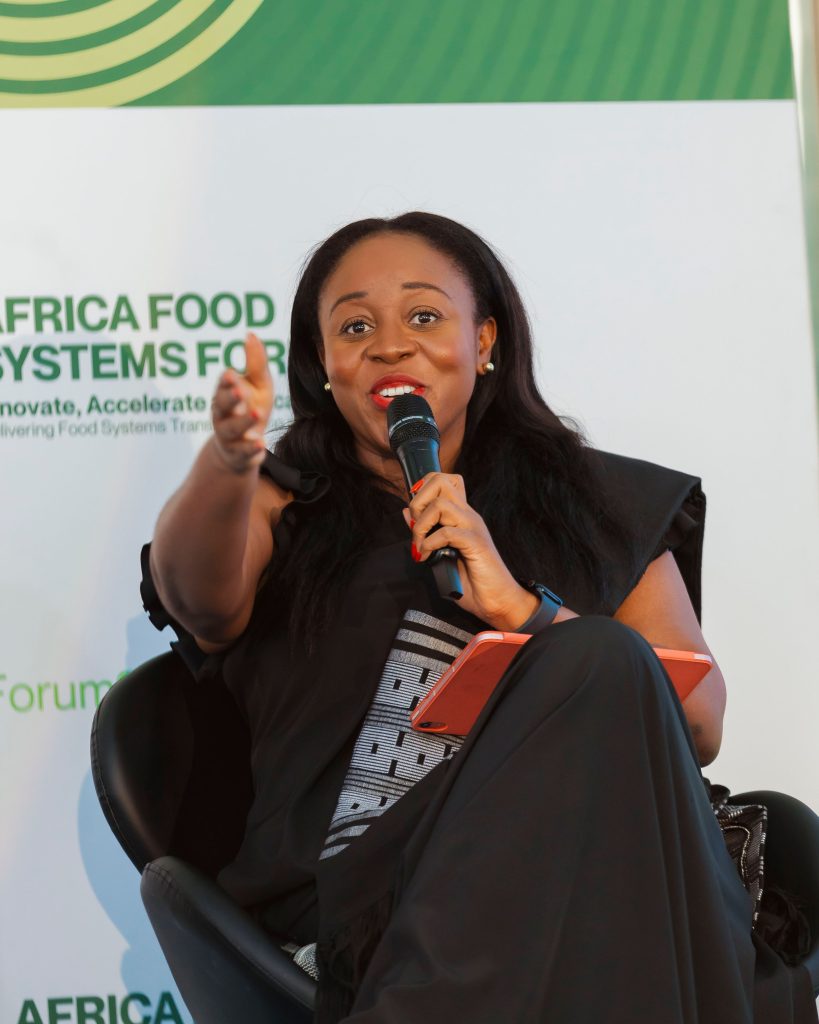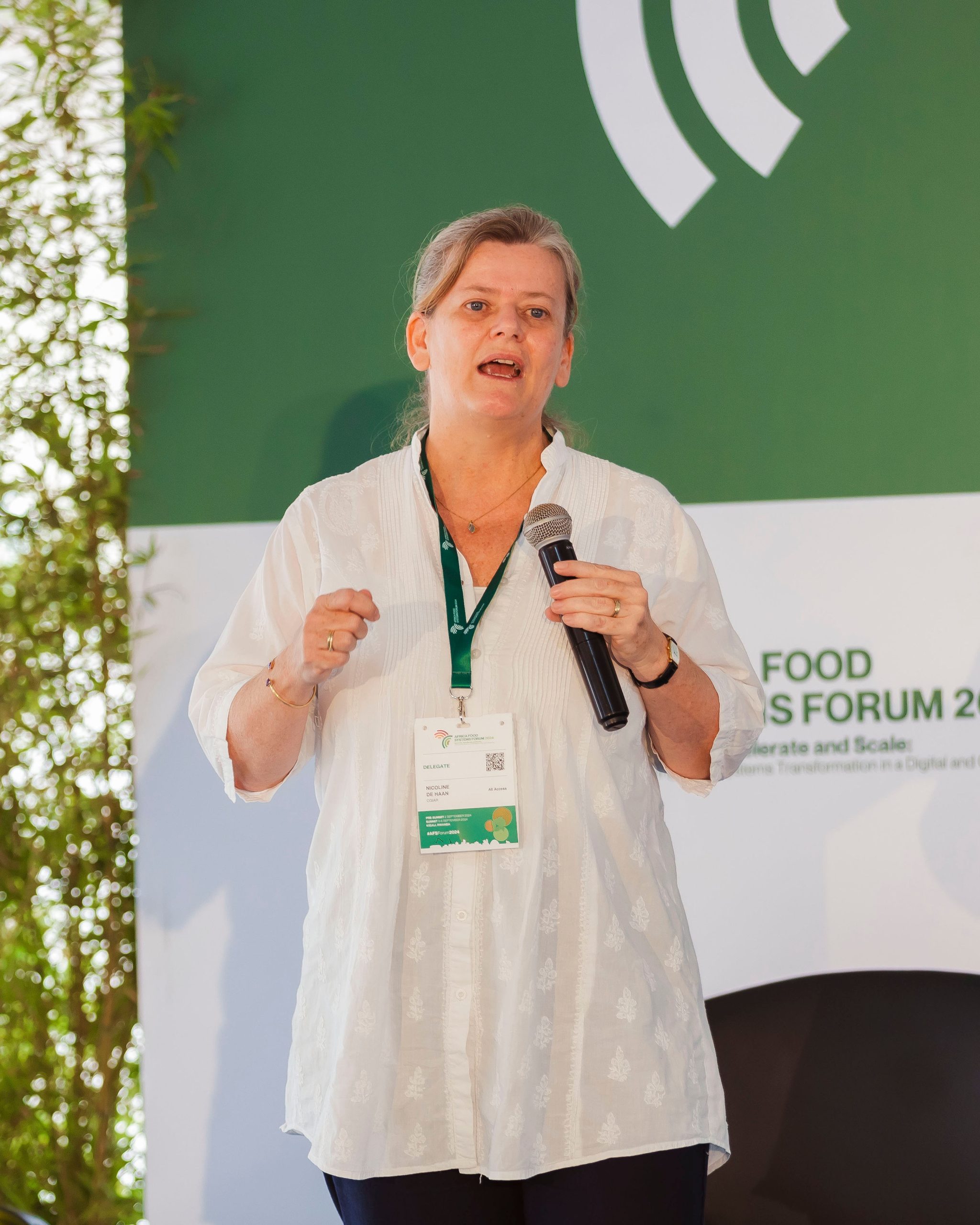African Youth Recognized as Key to Transforming the Continent’s Food Systems through Innovation and a Dynamic Workforce.
Kigali—AGRA, formerly the Alliance for a Green Revolution in Africa, and its partners have launched the African Youth Common Position on Food Systems, Policy, and Climate Change alongside a call to action for 2024. This initiative underscores the vital role that African youth can play in revolutionizing the continent’s food systems through innovative practices and vibrant labor.
“The 2024 Youth Common Position paper highlights the current challenges and opportunities faced by youth in agriculture across various African countries. It also provides strategic recommendations to support their engagement and development,” said Dr. Jeremiah Rogito, Specialist in Food Systems and Land Use at AGRA.
The report draws on a comprehensive survey and a series of country and regional convenings conducted across 15 African countries, including Kenya, Tanzania, Uganda, Rwanda, Ethiopia, Malawi, Mozambique, Ghana, Nigeria, Togo, Mali, Côte d’Ivoire, Burkina Faso, and Zambia. These engagements focused on understanding the dynamics of youth entrepreneurship ecosystems within the agricultural sector, particularly in the context of climate change.
Dr. Kindie Fantaye, Head of Climate Adaptation and Resilience at AGRA, emphasized the urgency of action, stating, “This is the first step. Next, we need to take action. AGRA will present this collective youth voice to policymakers at COP29 in November and the World Food Forum. We need the youth to participate actively in the coming years as collective action is crucial.”
Dr. Nicoline de Haan, Director of the CGIAR Gender Impact Platform, highlighted the need for deeper research into power structures within food systems. “We need to ensure that youth engagement is meaningful, not just limited to a few people in incubators but extended to real opportunities across the entire system,” she said.
Challenges Facing African Youth in Agriculture
The report outlines significant challenges faced by African youth in agriculture, including limited access to essential resources such as finance, agricultural inputs, training, and modern technology. These constraints hinder young farmers’ ability to adopt modern farming practices and improve productivity.
Financial access remains a major hurdle, with many financial institutions perceiving youth ventures as high-risk. Moreover, infrastructural deficiencies, such as inadequate roads, storage facilities, and market access, further impair agricultural efficiency, leading to substantial post-harvest losses for young farmers who often lack insurance coverage.
Strategic Recommendations for Supporting Youth in Agriculture
The report offers several key recommendations to enhance youth participation in agriculture, including:
- Improving Access to Resources and Funding: Establish youth-focused microcredit schemes, investment funds, and simplified land acquisition processes to provide young farmers with the necessary capital and resources.
- Creating Inclusive Policies: Develop and implement policies that ensure equal opportunities for all youth, including marginalized groups like young women and youth with disabilities.
- Setting Up Youth Advisory Boards: Dr. Nana Yaa Amoah, Director of Gender, Youth, and Inclusiveness at AGRA, stressed the importance of youth involvement in decision-making processes, advocating for the establishment of youth advisory boards to amplify their voices in high-level policy discussions.
Looking Ahead

